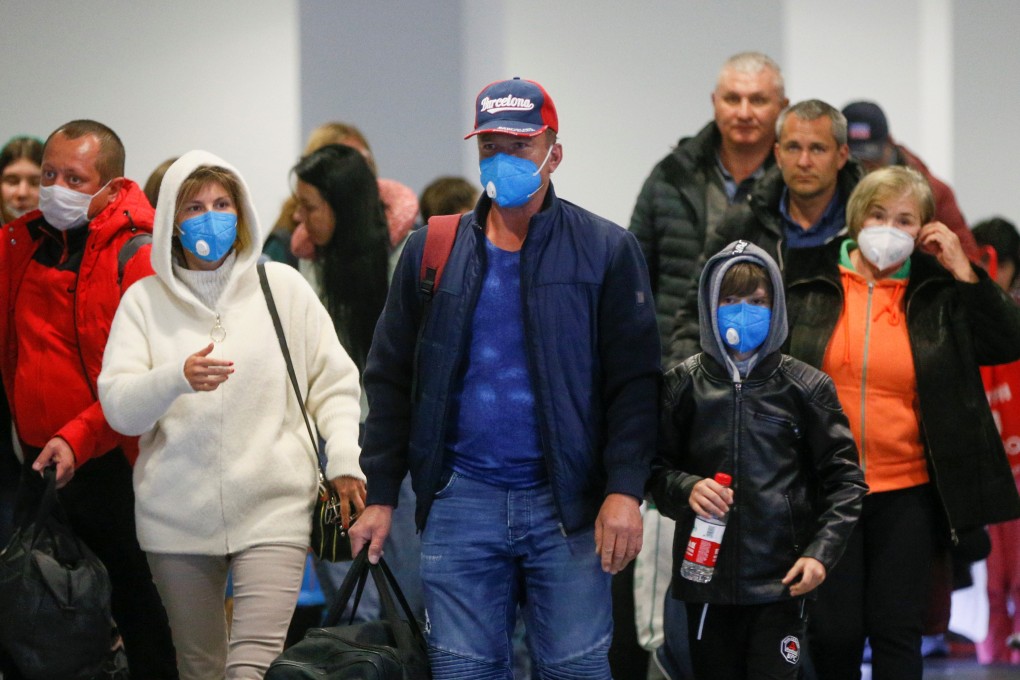Advertisement
Coronavirus: flight bans are no guarantee of stopping the spread of the virus, epidemiologist warns
- ‘Borders cannot stop infectious diseases,’ says David Heymann, who led the World Health Organisation’s response to Sars epidemic in 2003
- More important to stopping the outbreak is the strength of a nation’s health care system, he said
Reading Time:3 minutes
Why you can trust SCMP

Hilary Clarkein London
Banning flights from regions in China affected by the novel coronavirus is not a foolproof way to stop the disease from entering new territories, the epidemiologist who led the World Health Organisation’s global response to the Sars epidemic said on Tuesday.
“Borders cannot stop infectious diseases and you may have your eye on one border and one activity and the other activity escapes you and something comes in from another side,” David Heymann said at a briefing at Chatham House, an international policy think tank in London where he is a distinguished fellow.
“People think if they shut down air transport from certain flights they shut down transmission,” Heymann said.
Advertisement
“But what if an infected passenger changed planes in a country still coming in? They can still get into your country.”

More than 20 international airlines have stopped flying in and out of China and a number of countries – including the United States – have bucked WHO advice and imposed travel bans.
Advertisement
Advertisement
Select Voice
Select Speed
1.00x